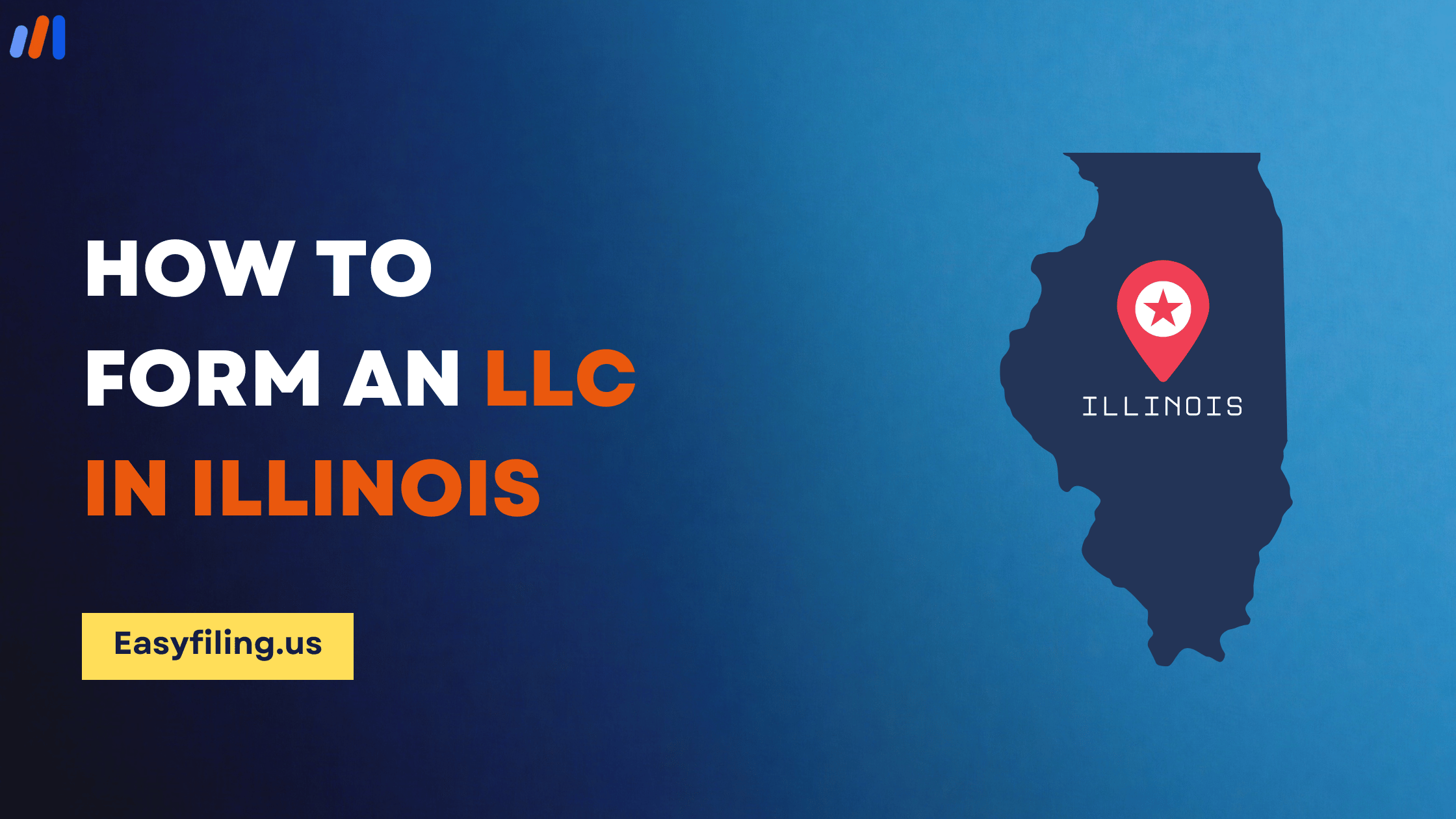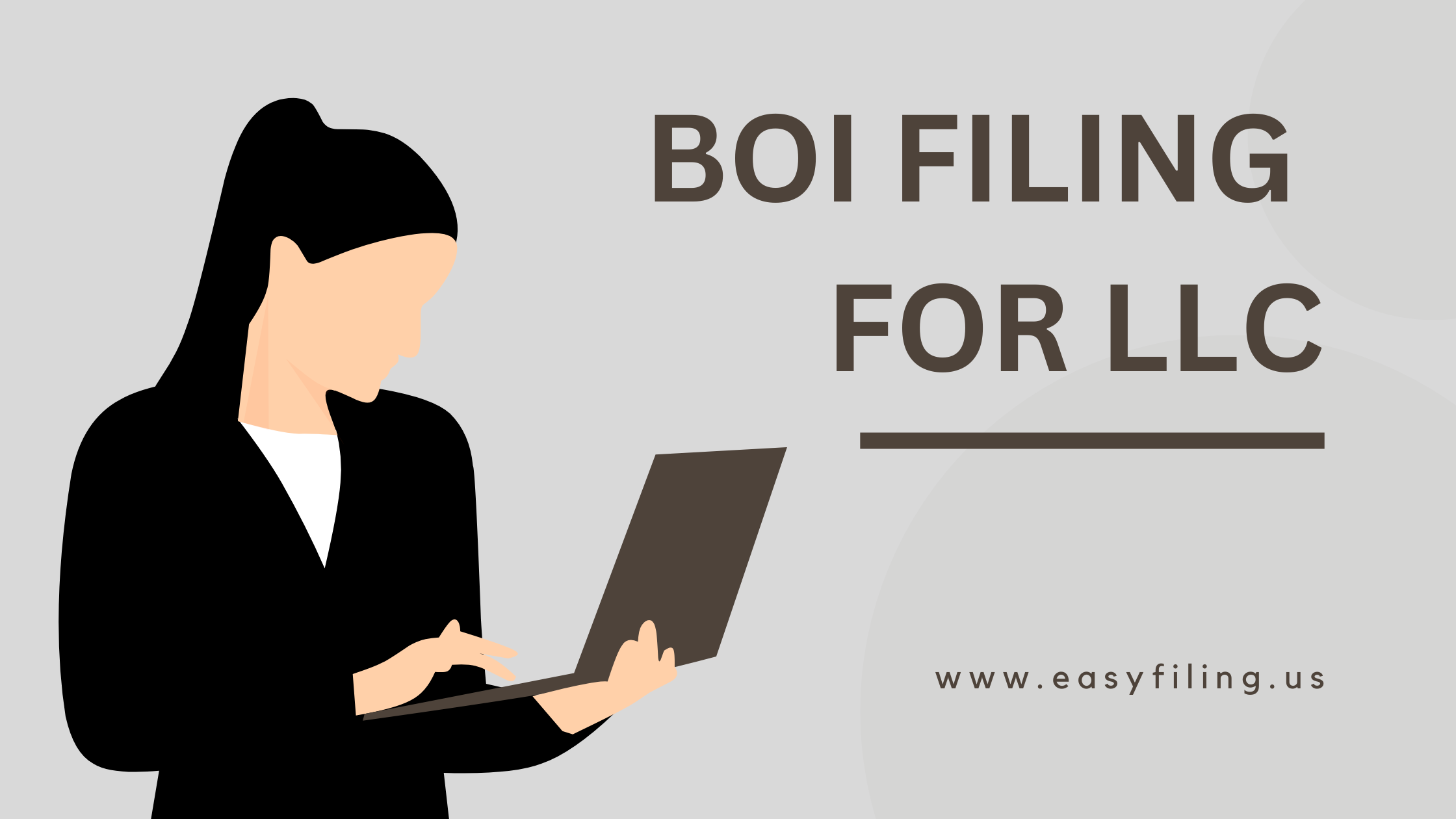Indeed, cancelling an EIN with the IRS is possible, but it does require more effort than pressing a button. An Employer Identification Number (EIN) is unique for each business and is a federal identifier once issued. If it is issued by mistake or if it is no longer needed because the business was never actively used or the user has died, it is possible to request its cancellation.
For cancellation, formally writing to the IRS explaining the need for cancellation is the only option. But keep in mind, the IRS never truly “cancels” the number. Instead, they terminate the account connected to the EIN.
Does the EIN Number Get Canceled Automatically When You Close a Business?
No, abandoning your business doesn’t get rid of your EIN. An IRS-issued number stays connected with the business permanently. You have to inform the IRS of the account closure linked with the EIN for the business willingly dissolved.
You will have to submit a final return and mark the box indicating it is the last one you will be filing. Then, send a letter to the IRS requesting closure of the EIN account. If this is not done, the business may face unnecessary tax and compliance complications.
Can You Cancel an EIN Number If It’s Permanent?
Not exactly; an EIN cannot be canceled the same way one would cancel a subscription or a credit card. An EIN is in the IRS system perpetually once issued. What can be done is close the EIN account, which is akin to disabling it from future use through filings.
Regardless of whether or not the EIN was activated, changed, or a business restructured, the IRS will keep the number on record. However, under these circumstances, it is possible to close the account and therefore eliminate the need for future filings. This will render the number inactive, achieving in essence what most business holders aim for when trying to nullify an EIN.
Do I Need a New EIN or Can I Cancel the Old One During Business Reorganization?
As previously stated, whether or not to obtain a new EIN during a business reorganization depends upon the precision of the alterations. If the changes are limited to the name or location of the business, the entity does not need to obtain a new EIN. However, more severe changes like moving from a sole proprietorship to a corporation do tend to require an EIN.
In case you are dissolving one entity to form a new one, the business can cancel the old EIN account (not number) and apply for a new one. It is suggested to include in your application that the old business has ceased operations and therefore would not file returns under that EIN.
Why Would You Want to Cancel an EIN Number?
There are several reasons why someone might want to cancel an EIN:
- The business never started: An individual applied for an EIN but later didn’t start the business.
- Business closed: The business has officially shut down.
- Wrong application: Received an EIN under the wrong entity type.
- Duplicate application: The same applicant received multiple EINs.
- Reorganization: The applicant dismantles the current entity to form a new one.
In all of the above cases, cancelling the EIN account ensures there are no anticipated filings associated with that number at the IRS.
How Can You Cancel an EIN Number Step-by-Step?
“Can you cancel an EIN?” If this question lingers in your mind, these steps will help you solve it:
-
Compose a letter directed to the IRS that contains:
- The name of your business
- The EIN
- Address of the business
- Reasons for cancellation
-
Attach the EIN assignment notice (if available).
-
Send the request to:
Internal Revenue Service
Cincinnati, OH 45999 -
Submit all tax returns marked as “Final Return” for efficient IRS processing.
-
Wait for confirmation: While the IRS may not always issue printed confirmations, they may respond if clarification is needed.
Is It Truly Possible to Cancel an EIN Number?
The answer to this question is partially yes. Giving an EIN a self-designation as “canceled” is impossible, but relinquishing jurisdiction frees one from legal obligations associated with it. In other words, changing one’s status to inactive in the eyes of the IRS ensures the EIN account remains closed.
This clarification is relevant since the EIN may be reinstated if the business is resumed or in the case of an IRS audit. Nonetheless, canceling the EIN account achieves the practical purpose.
Scenarios Where You Can Cancel an EIN Number
These are some scenarios in which cancelling an EIN is justified:
- You opted for an EIN and did not proceed with setting up a business.
- You applied for the incorrect business entity type by mistake.
- Your business was absorbed into another business, and the original entity was dissolved.
- The firm’s operations have been shut down, and all its assets sold off.
- You submitted multiple applications for EINs.
In all of these situations, the IRS could be contacted through a letter stating that the EIN account is no longer required due to these reasons.
How to Cancel an EIN Number When Closing a Business
To cancel an EIN while closing your business:
- Disband your company as registered with the state (if required).
- File final tax returns to both the federal and state levels, labeling them as final.
- Send a cancellation letter to the IRS as instructed above.
- Inform other relevant bodies: State revenue agencies, unemployment insurance offices, etc.
Completing these actions guarantees that the relevant government authorities acknowledge the shutdown of the business alongside its tax accounts, including the EIN.
What Happens After You Cancel an EIN Number?
When you cancel your business account with an associated EIN, the IRS marks your account as inactive. This means no correspondence or further filing is expected unless there is an audit or in-depth review.
Keep in mind:
- The EIN will no longer be applicable for any new enterprises.
- The number will not be assigned to any other organization.
- Should you resume business operations, a new EIN will be required.
5 Common Mistakes People Make When Canceling an EIN Number
Avoid these mistakes to make the cancellation smoother:
- Disregarding a formal cancellation request, the IRS will remain unaware of the business closure.
- Omitting the copy of the assignment letter: This could hinder processing.
- Not submitting final returns: If these remain unpaid, the IRS will assume the number is still in use.
- Providing a different address: Use only the official IRS Cincinnati location.
- Failing to follow up with local authorities: The number exists in both federal and state databases.
FAQs About How You Can Cancel an EIN Number
Q: Can you cancel an EIN online?
A: Canceling an EIN requires a written request to the IRS; it cannot be done online.
Q: How long does it take to cancel an EIN?
A: The standard processing time is 4–6 weeks, although this may vary depending on the IRS’s current workload.
Q: Can I reuse my EIN later?
A: Unfortunately, no. EINs that have been canceled are permanently associated with the business that has been closed, rendering them unusable.
Q: Do I need to cancel an EIN if I never used it?
A: Yes, even if you have not used the number, canceling it is prudent for regulatory compliance.
Q: What if I lost my EIN assignment notice?
A: Even without this document, you can still make the cancellation request, although the processing time may be extended.
Conclusion
In short, the answer to “Can you cancel an EIN?” is yes, in the way the IRS envisions it. Although the number will reside permanently in IRS systems, your business’s tax identity can be effectively silenced by deactivating the corresponding account. Whether your reason for deactivation is permanent closure, business restructuring, or simple error rectification, it is vital to understand how to cancel an EIN to mitigate complications later down the line.
Adhere to the IRS guidelines alongside all prerequisites, such as documentation consultation, and seek professional help if needed. Ensuring that you properly close your business’s EIN account is essential for wrapping up your business activities.
Need help canceling your EIN?
Easy Filing can guide you through the process quickly and correctly, so you can move forward with peace of mind.
File Your LLC Today
25$ off with a coupon
Lock in EasyFiling's transparent rates and get lifetime compliance support at no extra cost.
Get Started Now







